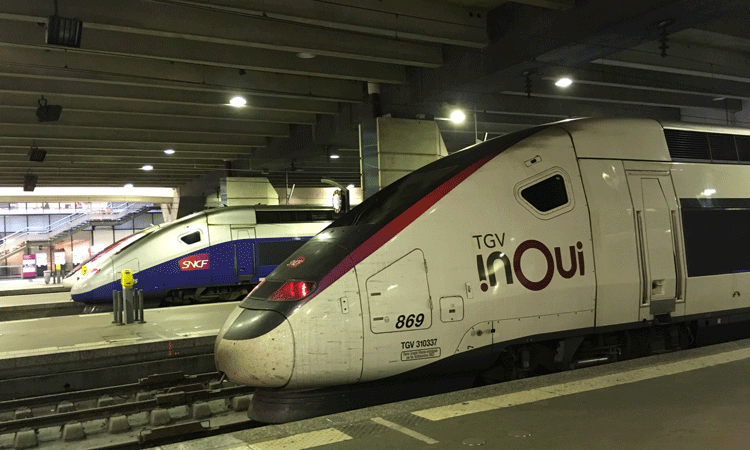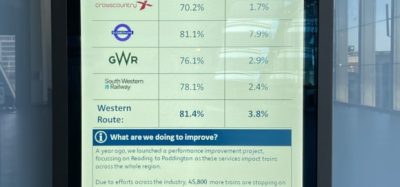SNCF renews its confidence in GIRO for high-speed network
Posted: 8 January 2019 | Global Railway Review | No comments yet
Having already chosen the HASTUS solution for planning and operations of its Transilien network in the Paris region, SNCF is now deploying GIRO’s software for its national TGV high-speed train network.


Photo Credit: Tiraden/Wikimedia
OUI.SNCF, also known as Voyages SNCF, is responsible for all high-speed rail services throughout France. It has 380 trains, 5,000 drivers and on-board staff, and 9,000 employees in the 187 stations served by the network. Each year, more than 110 million passengers travel by TGV.
Following an exhaustive analysis of the solutions available in the market, OUI.SNCF selected GIRO’s HASTUS solution to replace several existing tools for the management of material and human resources with one integrated software package for scheduling and operations. The project is called PROGRES, for Programme d’Optimisation de Gestion des RESsources (“Resource-Management Optimization Project”). Integration of the software developed by GIRO will be managed by Sopra Steria, a European leader in digital transformation, whose technical expertise and knowledge of SNCF’s IT system will assure a successful collaboration. The solution will be hosted in the cloud.
“The PROGRES project represents a high-stakes transformation for the TGV services, aiming to boost the performance of resource management in what we call the service-production area,” stated Frédéric Bayon, Programme Director at SNCF. “Our selection of HASTUS as a robust solution to support this transformation is indicative of building a lasting partnership between OUI.SNCF and GIRO.”
“We are delighted to expand our collaboration with SNCF,” said Jean Aubin, GIRO’s President and Chief Executive Officer. “The passenger rail industry is facing significant technological, economic and competitive challenges. We look forward to supporting OUI.SNCF as it transforms its operations to meet these challenges.”
In recent years, GIRO has dedicated significant resources to research and development to ensure that its solution meets the complex challenges that passenger rail operators are faced with. GIRO has developed high-value-added technologies, including advanced optimisation algorithms for train planning that take better account of rolling stock maintenance requirements and infrastructure works. Enhanced functions have also been developed to manage train crews and station staff, including, among others, allocation of work that takes employees’ preferences into account.
Related topics
Digitalisation, High-Speed Rail, Passenger Experience/Satisfaction







